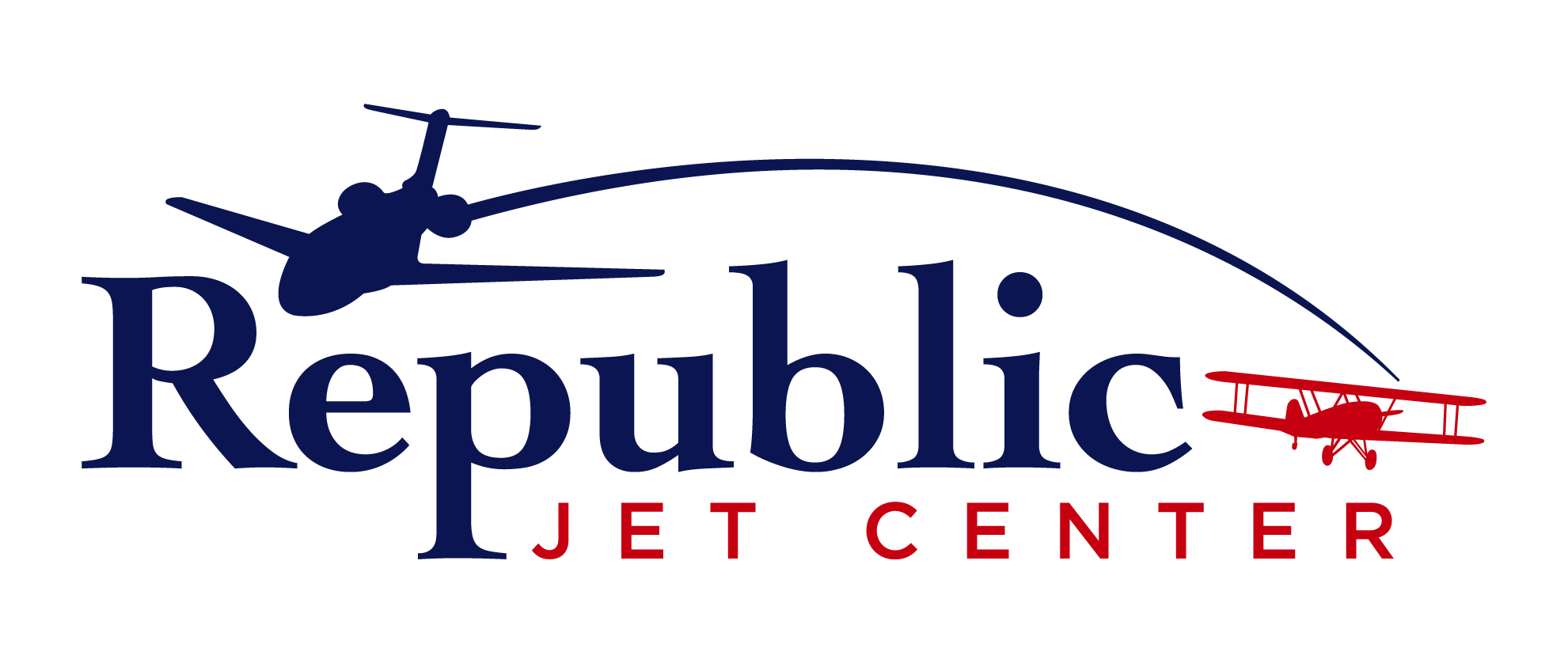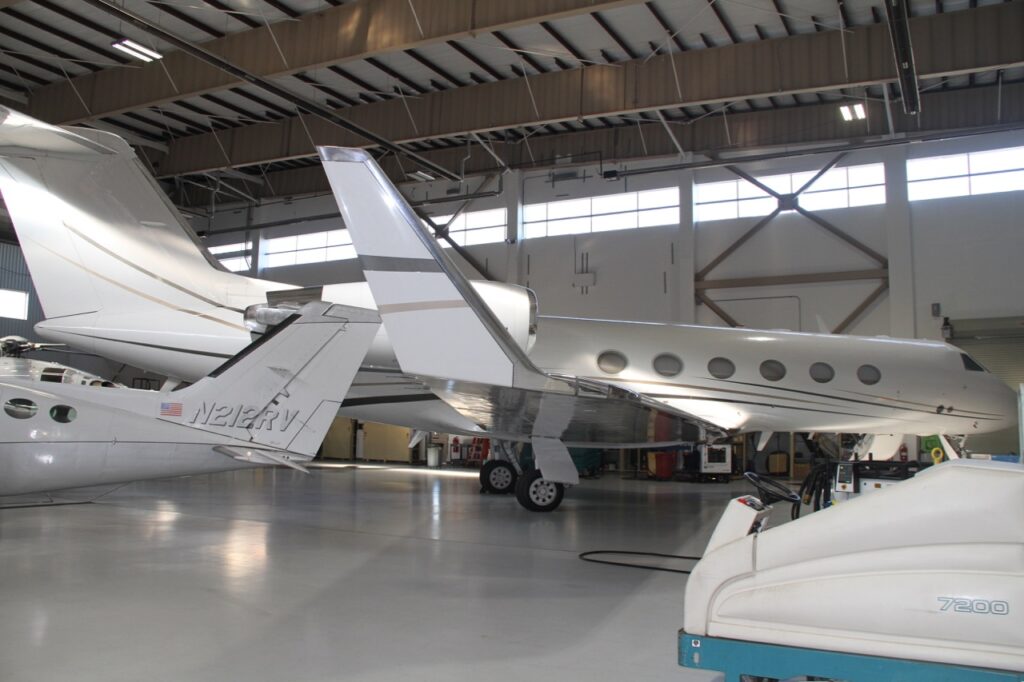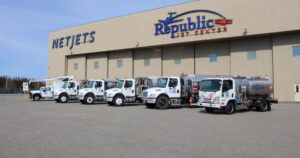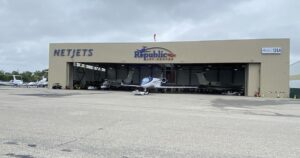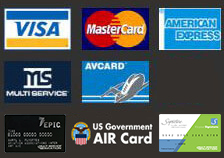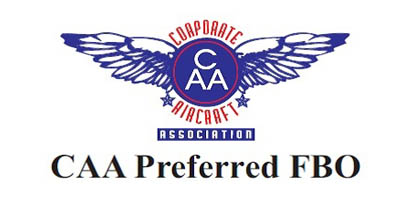Soaring above the clouds, there’s nothing like it. You know the feeling of anticipation as you taxi for takeoff. Air traffic control gives you the go-ahead. It’s full-throttle down the runaway until your airborne.
You ascend to a cruising altitude of tranquil blue skies. You love the freedom of flying, so you thought you’d buy a plane. After years of renting or chartering planes, you decided owning a plane was the way to go. But now you have a new set of responsibilities, including parking the plane when you’re not flying.
You need hangar space for rent. But, where do you begin? What should you look for when renting a hangar? Or, should you buy a hangar? Do private planes rent hangar space?
Keep reading to find answers to these questions.
Renting vs. Buying
The choice between renting or buying a hangar depends on your unique circumstances. Do you use the plane for business, pleasure, or both? How often do you fly? What does your budget allow?
Buying often looks like an attractive option. You won’t need to concern yourself with a lack of space due to capacity limits. You own it. You control it. And, you’re liable.
Liability, the overlooked and underestimated part of owning anything. Buying a hangar is an expensive investment. Beyond the cost of purchase is the cost of building maintenance. Hangar owners choosing to rent out space need to pay for liability insurance. A fire or disaster to the hangar causing damage to client’s planes puts you on the hook.
You also have the hassle of selling the hangar should you move or decide to house it elsewhere. The cost of owning a hangar could be more trouble than it’s worth.
Renting allows you to park the plane and go. You don’t have the hassles of maintaining a building or purchasing liability insurance. Renting is cheaper but carries its risks. No one will care for your property as you do. Renting hangar space leaves your airplane subject to the control of someone else.
Hangar Space for Rent Options
Renting a hangar offers a variety of choices. Which one suits you depends on your budget and your risk tolerance.
Shared Fix-Base Operator/Airport Hangar
Parking your airplane in a shared FBO Airport hangar is an affordable option. Airports have a greater supply of space, allowing them to store more planes. Thus, reducing the cost per plane parked. Easy access to an FBO makes maintenance and repairs a breeze.
Sharing space has its drawbacks. With many planes parked in the hangar, they are more susceptible to hangar rash. The term refers to damage to an aircraft as a result of improper ground handling.
Hangar operators use tugs to position airplanes. Positioning planes requires a team of four looking out for each corner of the airplane. Operating in this way prevents damage to the plane. Parking two planes close together might cause a small dent. But, a dent in a plane is not like a dent in a car door. Any compromise to the structural integrity of a plane can have disastrous consequences in flight.
Besides hangar rash, you might also find the hangar is at maximum capacity. Flight delays happen for a myriad of reasons, but that could leave you out in the cold with no place to park your bird.
You could rent from a private owner instead. It carries similar perks and risks as renting from an airport.
Individual Rented Hangar
Renting an individual hangar will help you avoid inconveniences like maxed capacity limits. It won’t eliminate hangar rash, but it reduces the likelihood of it. Exclusive use costs more and can be hard to find in the high-demand metropolitan area.
Consider Location
Where you park your plane matters as much as with whom you park it. Urban airports might be more expensive in the rental cost. But, easy access to repair stations keeps you up and running. Hangars at large airports have access to Part 145 repair/maintenance. The FAA certifies repair stations in maintaining, inspecting, and altering aircraft.
Renting at a regional airport limits the efficiency of repairs, leaving you grounded. If the airport doesn’t have access to Part 145 repair/maintenance, you will spend more money maintaining or repairing your plane. Hiring a devoted maintenance manager will cost hundreds of thousands of dollars.
Pricing Hangar Rental Costs
Renting a hangar can cost anywhere from $100 – $500 or more per month. What’s the most cost-effective option for your private plane? It comes down to the size of the hangar and how long you rent it. Other cost factors include which airport you rent from and the geographical location.
The cheaper cost means fewer amenities like concrete flooring, electricity, water, and heat. A basic barebones hangar consisting of a roof and dirt floor will cost as low as $50 a month. Renting a space of 1,000 – 1,600 square feet with the amenities listed costs between $350 and $600 monthly.
Renting space for corporate jets can cost between $1,500 and $3,000 per month. The privileges offered to corporate renters include restrooms, climate control, and epoxy flooring. Monthly rental rates should also include the use of the airport’s runway.
Your costs depend on your preferences and how much you can spend to rent hangar space.
Caring for Your Asset
Whether your plane is a single-prop Cessna or a jet, parking it in a hangar shield it from the elements. Protecting it from exposure extends the life of your aircraft. Your plane is the most expensive asset you own. Keeping it in a secure hangar with access to Part 145 repair stations maintains its reliability. Access to qualified maintenance and repair is critical for optimum airplane performance.
You bought a plane because you love flying. Treat your flying beauty like the queen of the skies. Give her a comfortable place to rest her wings. Check out the advantages of our services. You waited a long time to own a plane. Let us help you take care of her with hangar space for rent.
